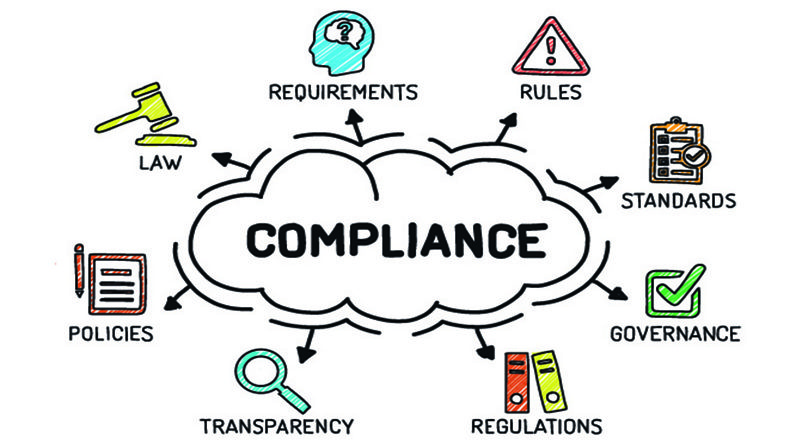Emergency transport companies Global Medical Response, Inc. (“GMR”), American Medical Response, Inc. (“AMR”), and AMR’s subsidiaries located in Greenwood Village, Colorado, violated federal law by discriminating and retaliating against a nationwide class of applicants and employee first responders with sincerely-held religious beliefs and disabilities that required them to wear beards in conflict with GMR and AMR’s policy against facial hair, the US Equal Employment Opportunity Commission (EEOC) charged in a lawsuit.
According to the EEOC’s suit, since at least December 2018, applicants and employees in the EMT and paramedic positions requested accommodations from GMR and AMR to be allowed to wear facial hair due to medical conditions or because of their religious beliefs. GMR and AMR have a “no facial hair” policy for their EMTs and paramedics related to their wearing of respirators while working that GMR and AMR contend will not fit properly if the employee has facial hair. However, GMR and AMR denied the applicants and employees the use of a respirator that would have allowed them to maintain their facial hair and perform their jobs safely. Due to GMR and AMR’s unlawful denial of accommodations to these first responders, some were forced to shave in violation of their religious beliefs or their doctor’s orders, to keep their jobs, while those who would not shave or complained their rights were being violated due the companies’ policy were fired.
Such alleged conduct violates the Americans with Disabilities Act, as amended, (“ADA”) and Title VII of the Civil Rights Act of 1964, which require the accommodation of employees’ disabilities and religious beliefs, respectively, and prohibit firing or refusing to hire an applicant or employee because of their disability or their religion or because they engaged in protected activity. The EEOC is seeking back pay, front pay, compensatory damages, and punitive damages for the applicants and employees, as well as injunctive relief to prevent future discrimination.







